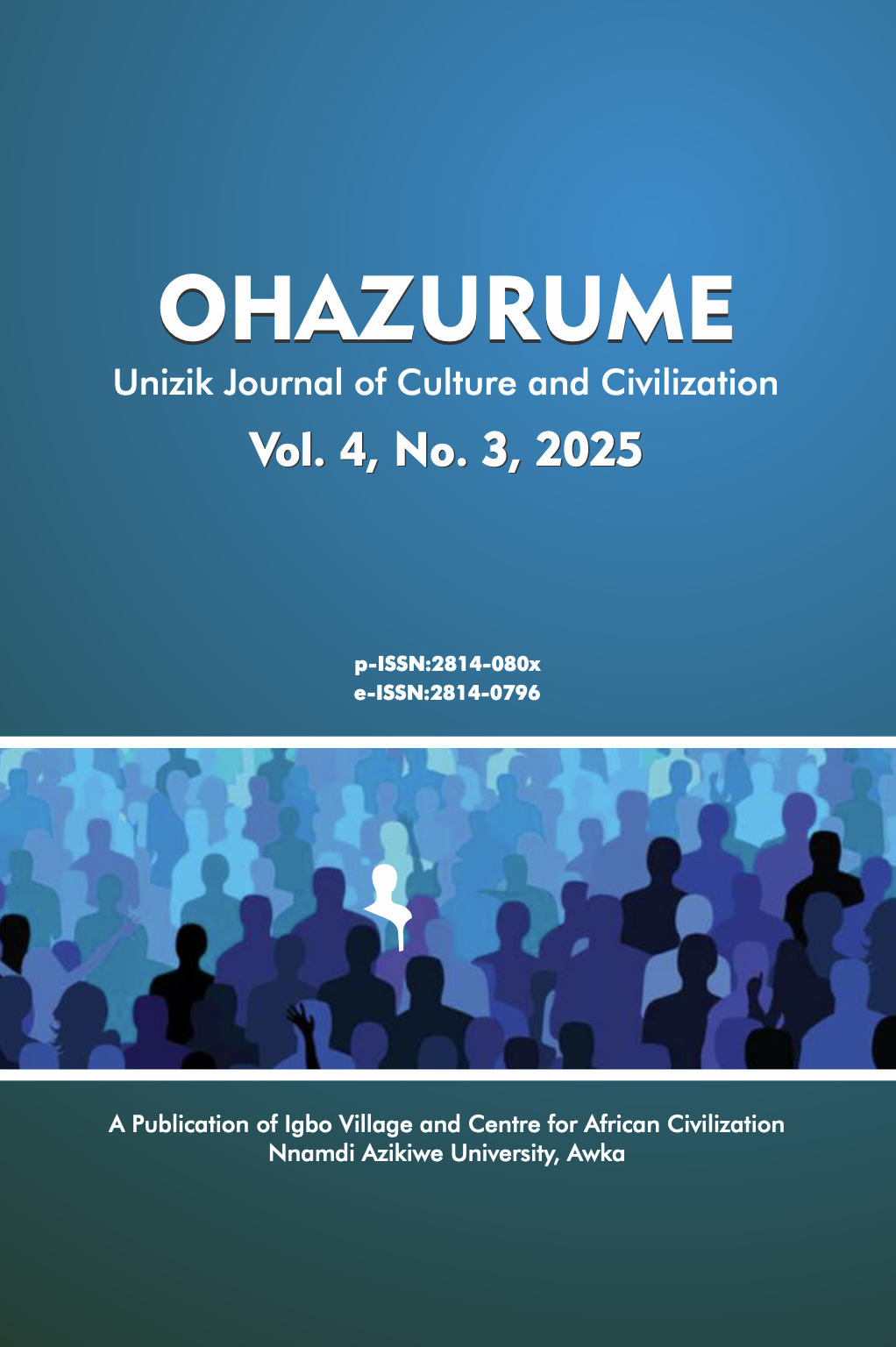Christian Ethical Foundations of Work in Public Life: A Theological and New Testament-Based Exploration
Resumen
This theoretical study explores the ethical foundations of Christian attitudes toward work in public life, using New Testament teachings as its primary lens. In increasingly secular professional environments, Christians often navigate tensions between personal faith and workplace expectations. This paper investigates how New Testament ethics—particularly the teachings of Jesus and Paul—provide a normative moral framework for virtues such as integrity, diligence, humility, stewardship, and truthfulness in public workspaces. Methodologically, the study employs a normative theological approach, combining biblical exegesis of key New Testament passages (e.g., Colossians 3:23, Matthew 5:13 16) with systematic theological reflection and conceptual analysis. It integrates insights from Christian moral theology and contemporary theological thinkers to critically assess the role of ethical presence as a form of public Christian witness. The paper also engages scholarly views, including Mark Greene’s whole-life discipleship model and Miroslav Volf’s critique of simplistic faith-work integration. While these perspectives are valuable, the study identifies a gap: limited theological inquiry connecting specific New Testament ethical frameworks to the nuanced realities of modern public and digital workplaces. The research offers a biblically grounded, context-aware model for understanding the workplace as a space of Christian vocation, moral engagement, and silent witness. It concludes by suggesting future directions in digital ethics, pneumatology, and workplace theology.


